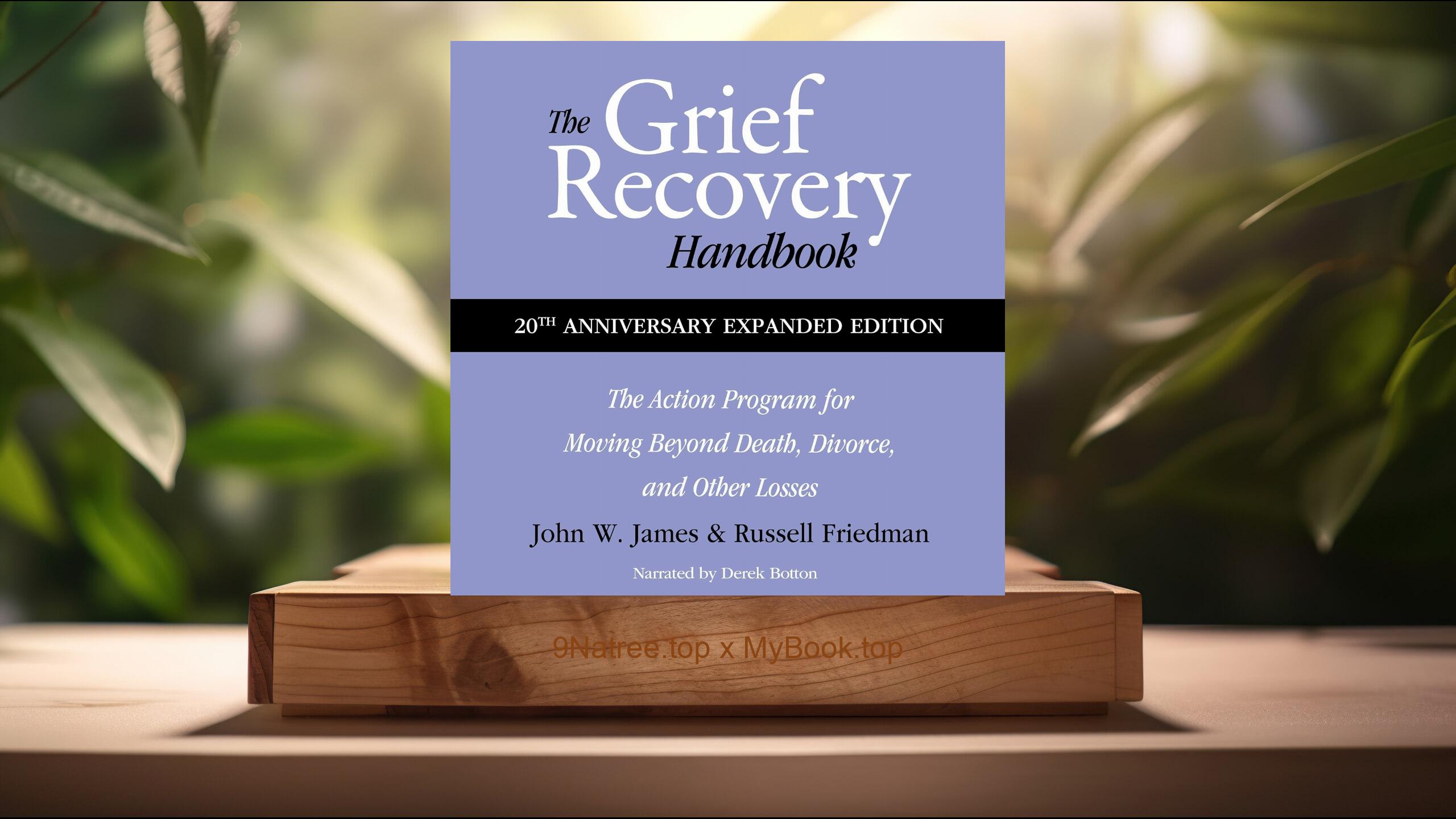Show Notes
- Amazon US Store: https://www.amazon.com/dp/B003MY7RGG?tag=9natree-20
- Amazon Worldwide Store: https://global.buys.trade/The-Rational-Optimist-How-Prosperity-Evolves-Matt-Ridley.html
- eBay: https://www.ebay.com/sch/i.html?_nkw=The+Rational+Optimist+How+Prosperity+Evolves+Matt+Ridley+&mkcid=1&mkrid=711-53200-19255-0&siteid=0&campid=5339060787&customid=9natree&toolid=10001&mkevt=1
- Read more: https://mybook.top/read/B003MY7RGG/
#Innovation #HumanProsperity #TradeandExchange #TechnologicalAdvancement #RationalOptimism #EnvironmentalSustainability #FreeMarkets #OpenSocieties #TheRationalOptimist
These are takeaways from this book.
Firstly, The Engine of Innovation: Trade and Exchange, Ridley posits that the cornerstone of human prosperity lies in our unique ability to trade and exchange goods and ideas. This process of trade, more than anything else, has been the driving force behind human development. By exchanging goods, services, and knowledge, humans have been able to specialize, leading to efficiency and innovation. Ridley backs this claim with historical evidence showing how societies that embraced trade flourished, while those that didn't stagnated. The concept is not limited to economic goods but extends to the exchange of ideas, which fuels the process of innovation. Through detailed analysis and engaging stories, Ridley demonstrates how trade and exchange have been pivotal in advancing human progress from the stone age to the modern digital era.
Secondly, The Power of Optimism in Driving Progress, Ridley challenges the doom-and-gloom mentality that often dominates contemporary discourse by advocating for a rational optimism. He argues that having a positive outlook on the future is not only warranted by the trajectory of human progress but also plays a crucial role in continuing that progress. Optimism encourages risk-taking, innovation, and resilience in the face of setbacks. Ridley supports his argument with historical examples of how optimistic attitudes have led to breakthroughs in science, technology, and governance. He emphasizes that by focusing on solutions rather than despair, societies can tackle global issues more effectively. The book illustrates how optimism has consistently been a key ingredient in humanity's most significant accomplishments.
Thirdly, The Role of Technology and Innovation, Ridley emphasizes the significance of technological advancement and innovation as catalysts for prosperity. He delves into the history of human innovation, from the creation of the wheel to the advent of the internet, and how these innovations have dramatically improved the quality of life. Ridley argues that innovation is an inherent outcome of human curiosity and the exchange of ideas, facilitated by open societies and free markets. He highlights the importance of supporting a culture that fosters creativity and embraces new technologies, as they are critical to solving contemporary challenges and ensuring future prosperity. Ridley presents a compelling case that, despite the complexities and uncertainties of new technologies, their overall impact on human society is profoundly positive.
Fourthly, Environmental Sustainability and Prosperity, Contrary to the widespread belief that economic growth is inimical to environmental sustainability, Ridley presents a nuanced view that growth can, in fact, contribute to the environment's health. He explains how technological advances have led to more efficient use of resources, decreased pollution, and a lower footprint per capita. Ridley cites the concept of 'decoupling,' where societies grow wealthier without a corresponding increase in resource consumption, as evidence of this positive relationship. Through compelling data and narratives, Ridley argues for a rational approach to environmental concerns, one that balances conservation efforts with the benefits of continued innovation and prosperity. He posits that with rational optimism and continued innovation, humans can achieve both economic growth and environmental sustainability.
Lastly, The Importance of Free Markets and Open Societies, Ridley is a staunch advocate for the principles of free markets and open societies, arguing that they provide the best environment for prosperity to flourish. He discusses how regulatory overreach, protectionism, and centralized control stifle innovation and trade, hindering progress. Ridley highlights the historical successes of societies that have embraced free-market principles, citing them as evidence of the system's effectiveness in generating wealth and improving living standards. He makes a compelling case for reducing barriers to trade, encouraging competition, and maintaining the rule of law as pathways to continued prosperity. Ridley's analysis underscores the importance of openness, freedom, and competition in fostering an environment where innovation and prosperity can thrive.
![[Review] The Rational Optimist: How Prosperity Evolves (Matt Ridley) Summarized](https://episodes.castos.com/660078c6833215-59505987/images/1834393/c1a-085k3-jp4m41drsm06-pwjt3c.jpg)




